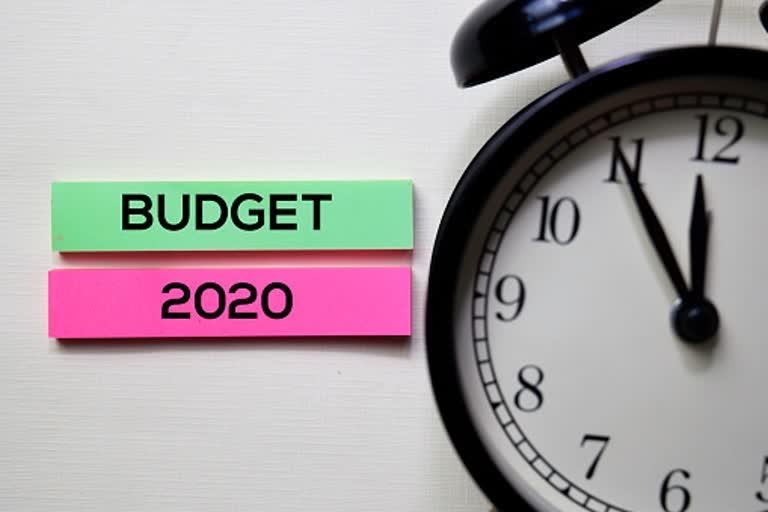New Delhi:Union Budget 2020-21 could not have come at a worse time for the government, as the economy faces high inflation, along with subdued growth and low job creation.
Accordingly, these factors make the Budget presentation a unique affair, as economy watchers and investors eye the financial document for a stimulus package and further reforms to arrest the slowdown cycle.
The Union budget will be presented on February 1 by Finance Minister Nirmala Sitharaman to the Parliament.
According to market watchers, the Budget will be gauged by its ability to pass on some liquidity to the masses to restart the consumption cycle and to usher in investments.
Lately, the economy has suffered from low consumer demand on account of high goods and services tax (GST), farm distress, stagnant wages, and liquidity constraints.
This trend referred to as 'slowdown' has pulled down the country's GDP growth rate, and caused job losses.
Read more:Budget 2020: Agriculture seeks more investments
Already, sectors such as automobiles, consumer durables and capital goods have come under heavy pressure due to the slowdown.
As per the first advance estimates of national income, the growth in real GDP during 2019-20 is estimated at 5 per cent as compared with a growth rate of 6.8 per cent in 2018-19.
The figure shows a massive drop in growth rate following deceleration in key sectors of industry and core sectors and now presage an 11-year drop in GDP growth. In Q2, the growth had dropped to 4.5 per cent.
In terms of inflation, unfavourable base effect, along with higher prices of food items and those of primary articles, had accelerated India's annual rate of inflation based on wholesale prices to a 7-month high of 2.59 per cent in December from 0.58 per cent in November.
Another key macro economic inflation data, Consumer Price Index for December showed an accelerating trend. It touched a 65-month high at 7.35 per cent from 5.54 per cent in November.
Consequently, economists have said that India is facing Stagflation -- an economic trend marked by rising inflation and falling GDP growth.
In fact, on all major economic fronts such as tax collection, fiscal deficit and global trade, the economy seems to be losing steam.
( -An IANS Report)
